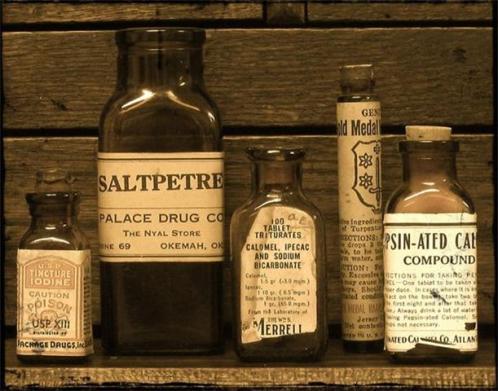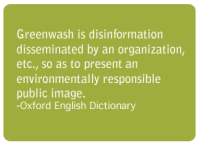Just how stupid are we?
Europe’s vultures under threat from drug that killed millions of birds in Asia

A Spanish griffon vulture. Vultures in Europe could be under threat from approval of the use of the drug diclofenac in Italy and Spain. Photograph: Chris Hellier/CORBIS
Wildlife groups have launched a Europe-wide campaign to outlaw a newly approved veterinary drug that has caused the deaths of tens of millions of vultures in Asia. They say that the decision to allow diclofenac to be used in Spain and Italy not only threatens to wipe out Europe’s vultures but could harm other related species, including the golden eagle and the Spanish imperial eagle, one of the world’s rarest raptors.
Diclofenac, an anti-inflammatory agent and painkiller, was introduced around the end of the 20th century in India, Pakistan, Nepal and Bangladesh to treat sick cattle. But when the cattle’s carcasses were eaten by vultures, the birds contracted a fatal kidney condition. Within a few years, vulture numbers had declined by a staggering 99.9% across south Asia. The worst-affected species included long-billed, slender-billed and oriental white-backed vultures. Dead cattle were left to rot without vultures to consume their flesh. Packs of feral dogs grew to fill the ecological gap. The risk of rabies also rose, said health experts. Now diclofenac has been approved for use in Italy and Spain.
“It defies common sense to approve of a drug when there is abundant, solid evidence to show that it is deadly to so many species of birds and that it causes such ecological damage,” said José Tavares, director of the Vulture Conservation Foundation. “We now know diclofenac was responsible for the deaths of tens of millions of vultures in India. Several species were brought to the brink of extinction in the process. Once the Indian government realised that, it banned diclofenac. That was in 2006. Now two countries in Europe have decided to give it the go-ahead. It is simply appalling.”
Dr Toby Galligan of the Royal Society for the Protection of Birds said: “It is utterly brainless to approve a drug which you know has killed tens of millions of birds in such a short space of time. Yet this is exactly what the Italian and Spanish governments have done. Based on some very, very poor risk assessments, they have given approval to an agent that could have devastating consequences for critically important large birds in Europe.” Galligan’s own research has found that diclofenac not only kills vultures but is also fatal to eagles of the genus Aquila whose members include the golden eagle and the Spanish imperial eagle. At present there are only about 300 pairs of imperial Spanish eagles left.
Most worries are focused on diclofenac’s probable impact on vultures, which play a critical ecological role by rapidly disposing of animal carcasses before they rot. “In Africa, vultures have been in severe decline for a long time,” said Tavares. “Then, in south Asia, we had the impact of diclofenac which has left the subcontinent with hardly any vultures.”
Europe is now the last refuge of Old World vultures. (New World vultures, including Andean and Californian condors, are made up of different species.)
A spokesman for the UK’s Veterinary Medicines Directorate said: “As a precautionary measure the VMD will not approve any requests from vets to import products containing diclofenac. Furthermore, we have agreed not to issue any export certificates which name diclofenac-containing products in the list of products to be exported.”
In a bid to persuade the EU to ban diclofenac, a petition – set up privately in the UK – has been signed by 28,000 people so far. It calls on the European commissioner for health, Tonio Borg, and the commissioner for the environment, Janez Potocnik, to intervene. This could be done by diclofenac being referred to the EU medicines agency, which could ultimately ban the drug.
Source: TheGuardian
Opinion:
Sometimes I just outrightly dispair at the sheer stupidity of man.
This is but one example.
When are we as a species going to get our act together?





















Posted by Alex Jones on August 7, 2014 at 8:10 am
The stupidity of humanity… humanity will become wise when they are forced to the brink of ruin.
LikeLike
Posted by argentumvulgaris on August 7, 2014 at 8:16 am
>Alex, I doubt even then, they’ll just stand around wondering what happened.
AV
LikeLike
Posted by Alex Jones on August 7, 2014 at 8:17 am
The stupid won’t be wondering anything, they will be dead.
LikeLike
Posted by argentumvulgaris on August 7, 2014 at 8:35 am
True…
AV
LikeLike